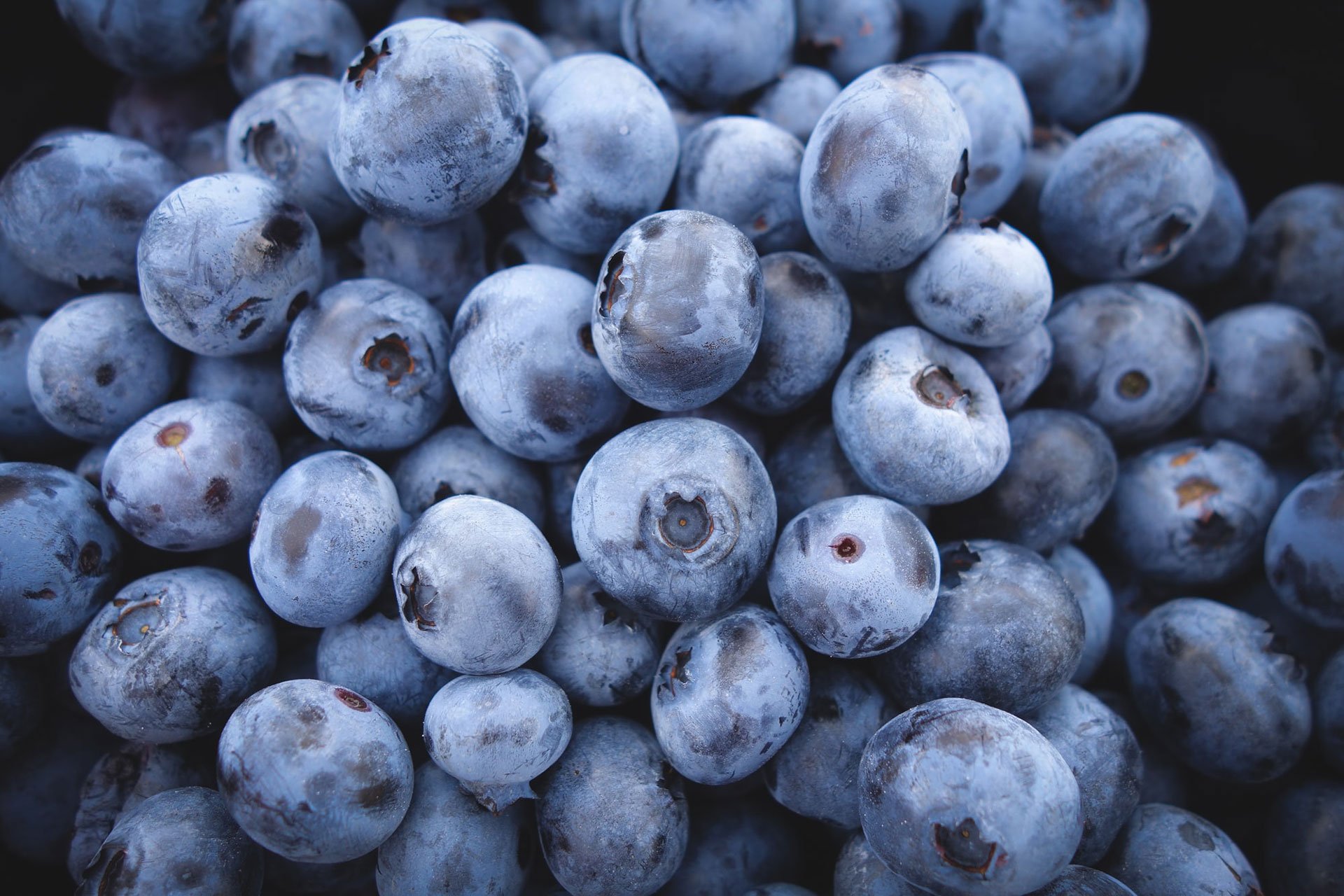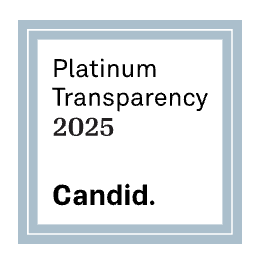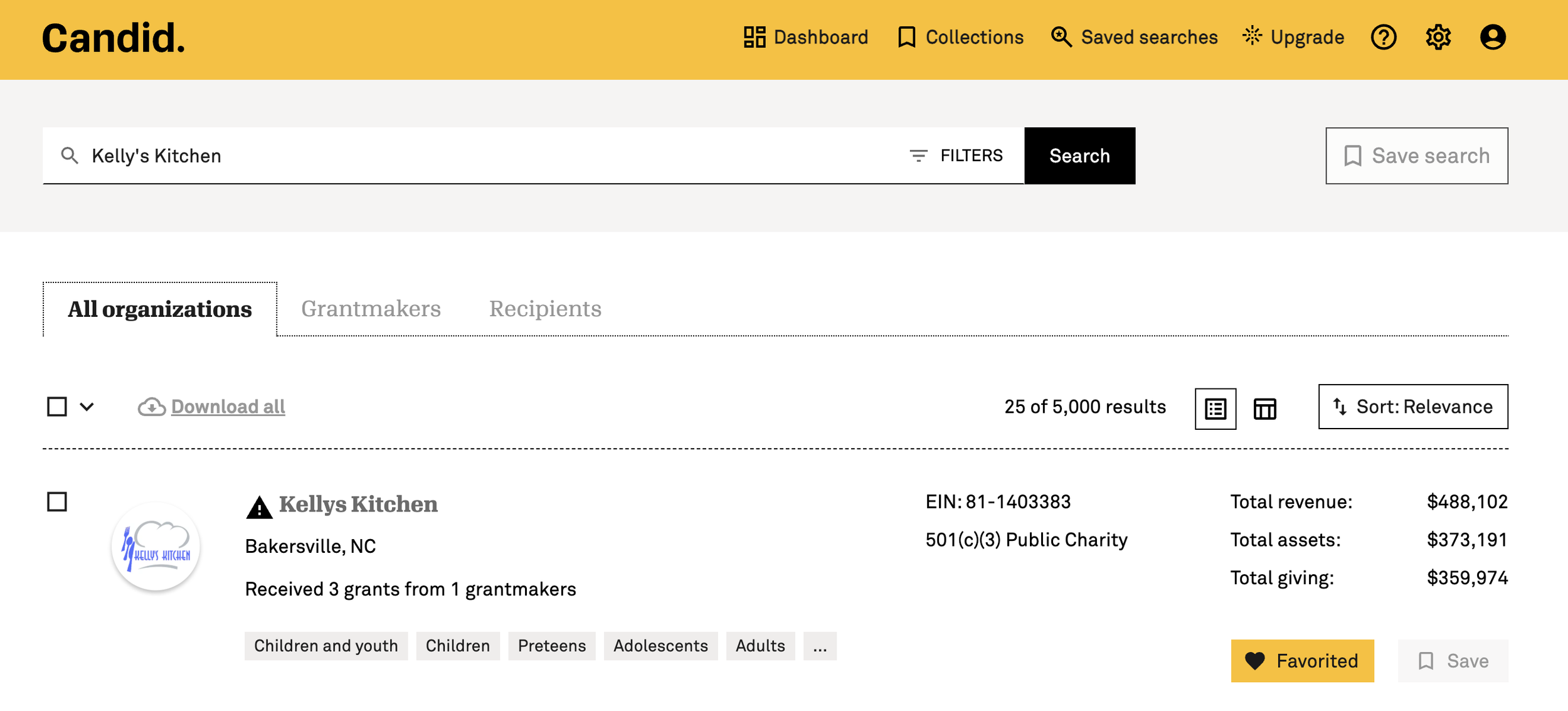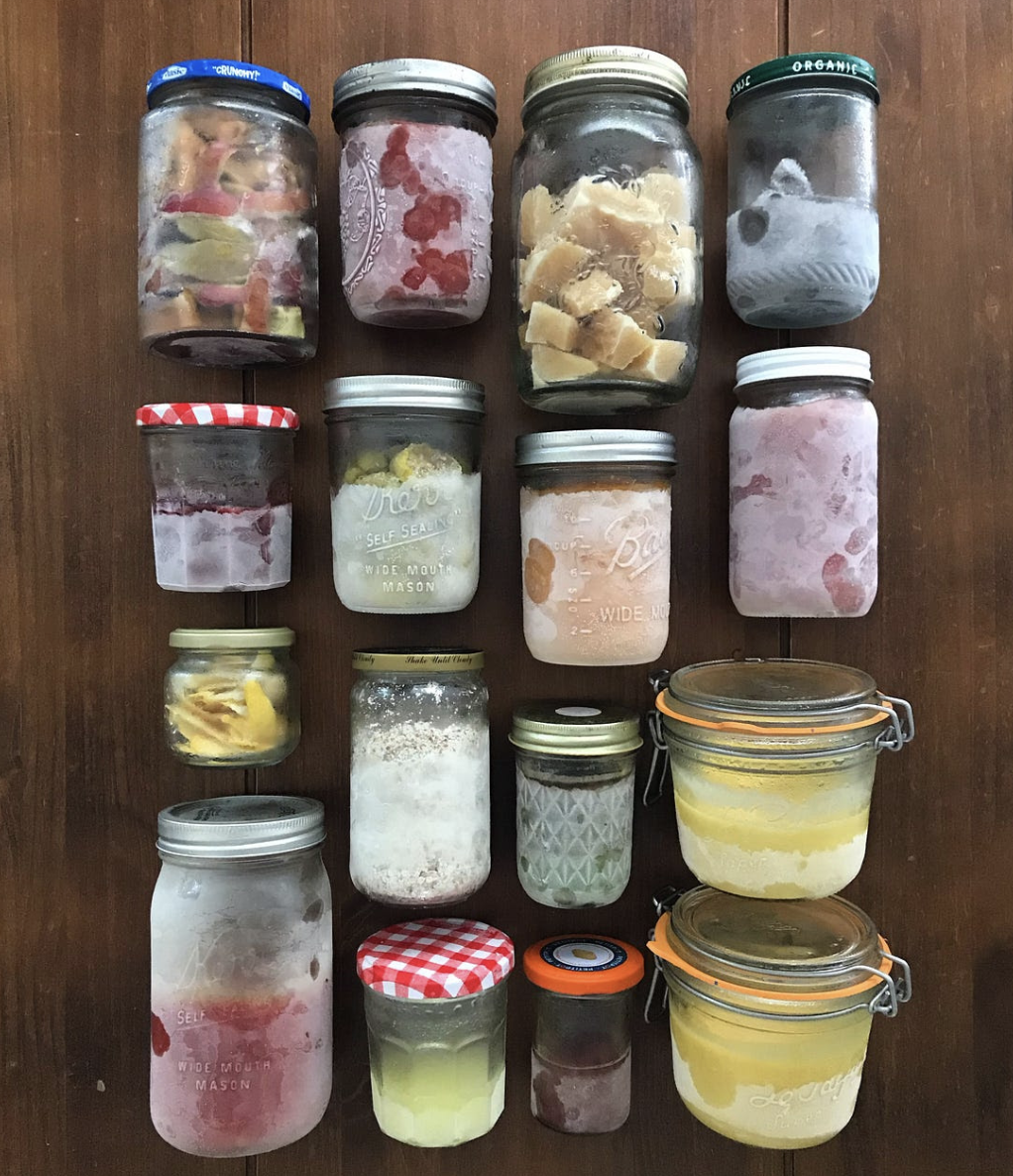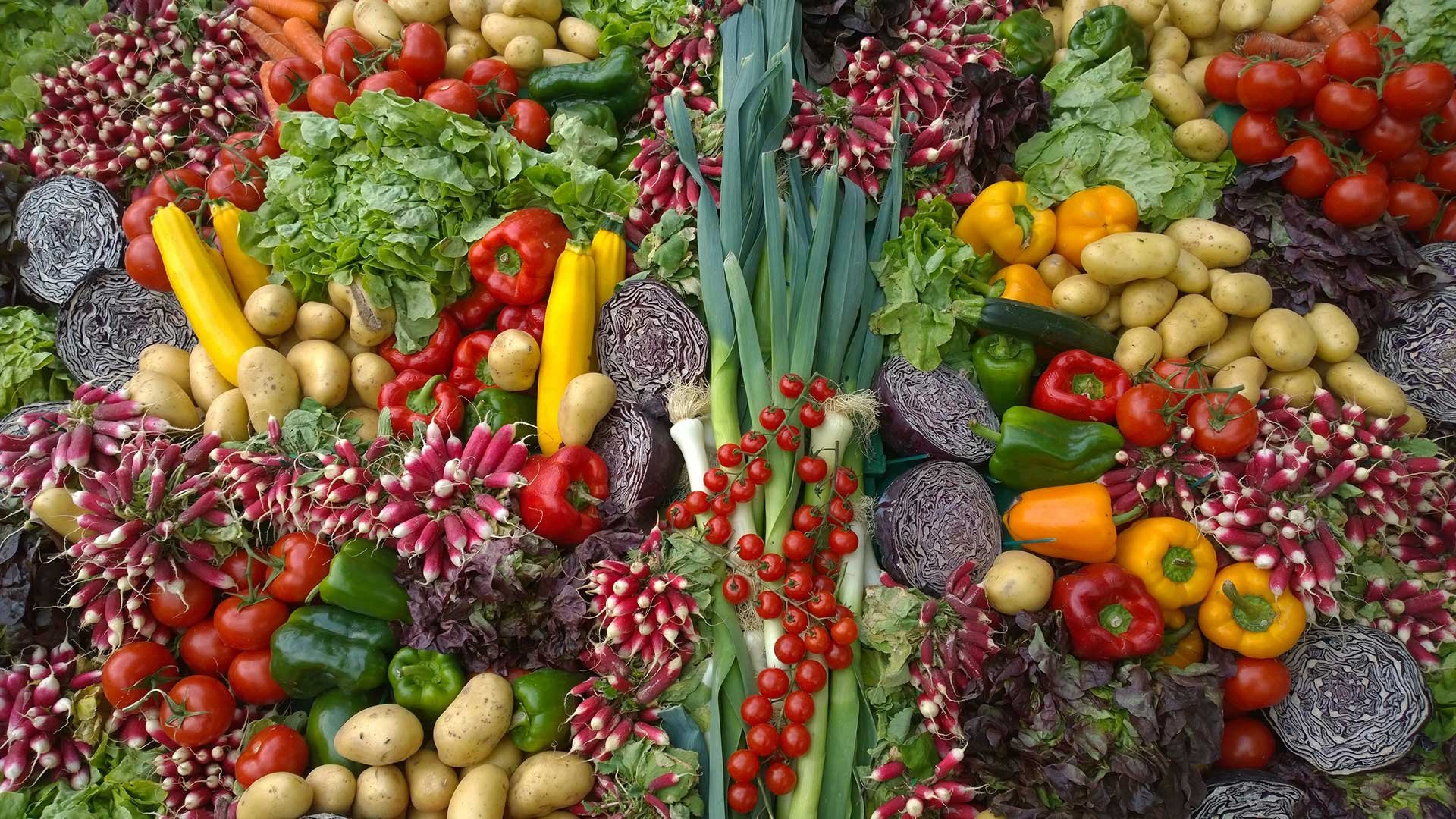
Welcome to Kelly's Kitchen
Transforming Lives Through Food

Kelly’s Kitchen is excited to announce that we have been awarded the Platinum Seal of Transparency from Candid (formerly GuideStar) - the highest level of recognition granted.
This distinguished status signifies that we share not only our mission, programs, and financials, but also our strategic goals, measurable impact, and leadership data.
Earning the Platinum Seal is truly a milestone worth celebrating—it reflects our dedication to integrity, accountability, and meaningful outcomes, while signaling to funders, partners, and community members that Kelly’s Kitchen is a deeply trustworthy and results-driven organization.
You can see our transparency in action and explore our full profile by searching “Kelly’s Kitchen” on Candid.

Our MissionKelly’s Kitchen advances food security through intersectional, community-based programming that centers disability justice, cultural competency, and accessibility. Our inclusive services incorporate culinary education, accessible meal prep resources, community gardening initiatives, and food waste reduction strategies—while supporting emergency food response and expanding opportunities for people with and without disabilities to access and influence equitable food systems.
Our VisionA future where every community—especially those historically excluded—has equitable access to nourishing food, inclusive spaces to learn about nutrition, and the resources to thrive with dignity, resilience, and connection.
Our ValuesAt Kelly’s Kitchen, diversity and accessibility are at the heart of everything we do. We believe that nourishing communities goes beyond food—it requires creating spaces where everyone belongs, everyone is valued, and everyone has what they need to thrive.
Our work is rooted in disability justice, food justice & equity, and community resilience. We recognize that hunger and food insecurity do not impact all communities equally, and we are committed to addressing these inequities with intersectional solutions. We intentionally center the leadership, knowledge, and lived experiences of disabled people, people of color, LGBTQ+ communities, immigrants, rural residents, and others who have historically been excluded from decision-making about food systems and community health.
Accessibility is not an afterthought at Kelly’s Kitchen—it is a core value. We know that building a truly equitable food system requires ongoing reflection and action. We commit to learning from our partners and participants, holding ourselves accountable, and continuously adapting so that our work reflects the diversity of the communities we serve.
We Need Your Help!
Consider supporting Kelly's Kitchen healthy education programs:

Thank You To Our Sponsors
Meet Kelly Timmons
Until early 2025, Kelly Timmons lived with her husband, Paul, along St Helena Sound in the South Carolina Lowcountry. Food is an essential part of Lowcountry culture, as well as Kelly’s life experience. Her southern heritage and connection to food has been an important part of the work she does.
After Hurricane Helene devastated Western North Carolina (WNC), Kelly and Paul made the decision to move to North Carolina and continue food security efforts in an area with high need. They have become a staple in their community for assisting with programming and resources in Appalachia; a historically high food desert area.
In 2023, Kelly was a recipient of the Susan M. Daniels Award, which was established to honor those who are making a significant difference in the lives of youth and adults with disabilities through mentoring, and to raise awareness about the importance of mentoring individuals with disabilities.
For ten years Kelly owned and operated a food manufacturing company where she brought over thirty different brandlines to hundreds of retail locations. Food sovereignty and security are deeply connected to Kelly’s Southern, Lowcountry heritage.
Kelly identifies as a person with a disability and has long mentored, employed and advocated with women and girls with disabilities. She believes that the best way to honor the history of the disability rights movement is to empower its rising leaders.
